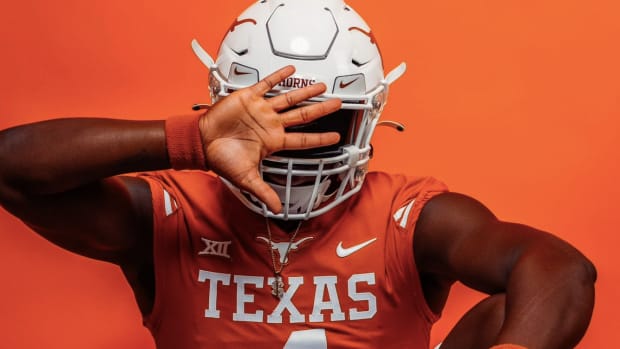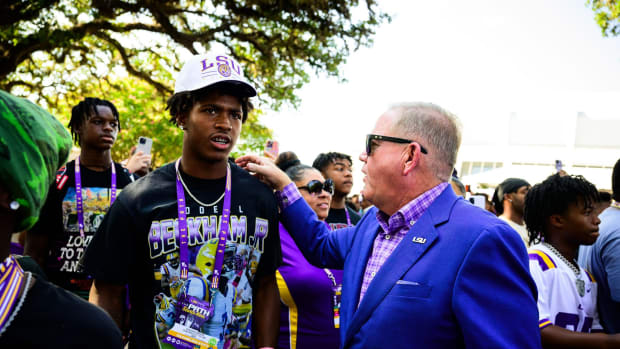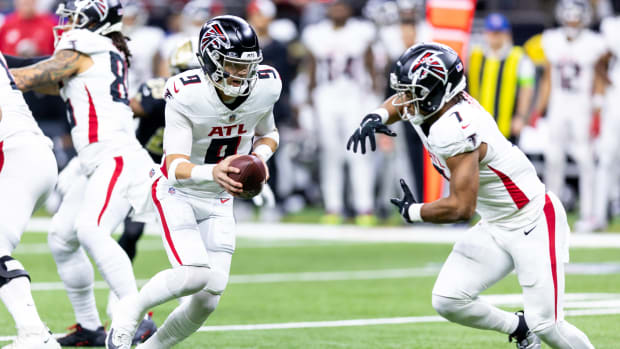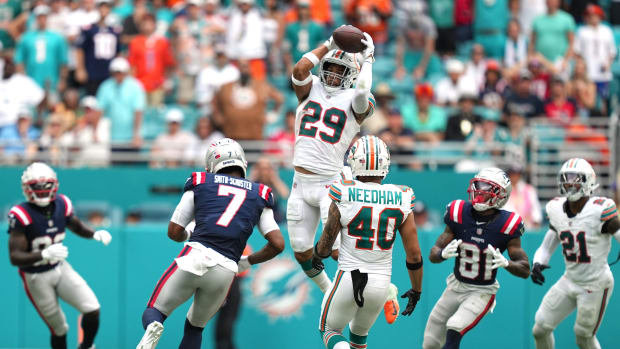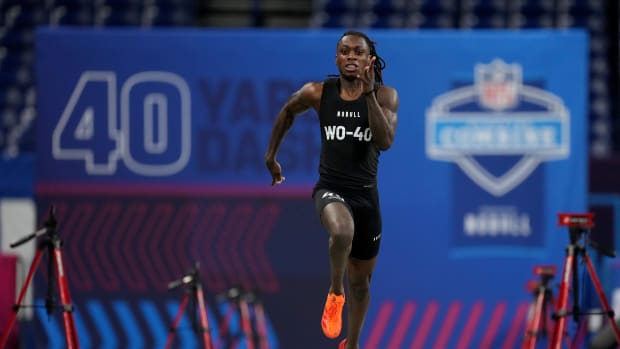NCAA Sends Out Warning Regarding Recruiting Dead Period
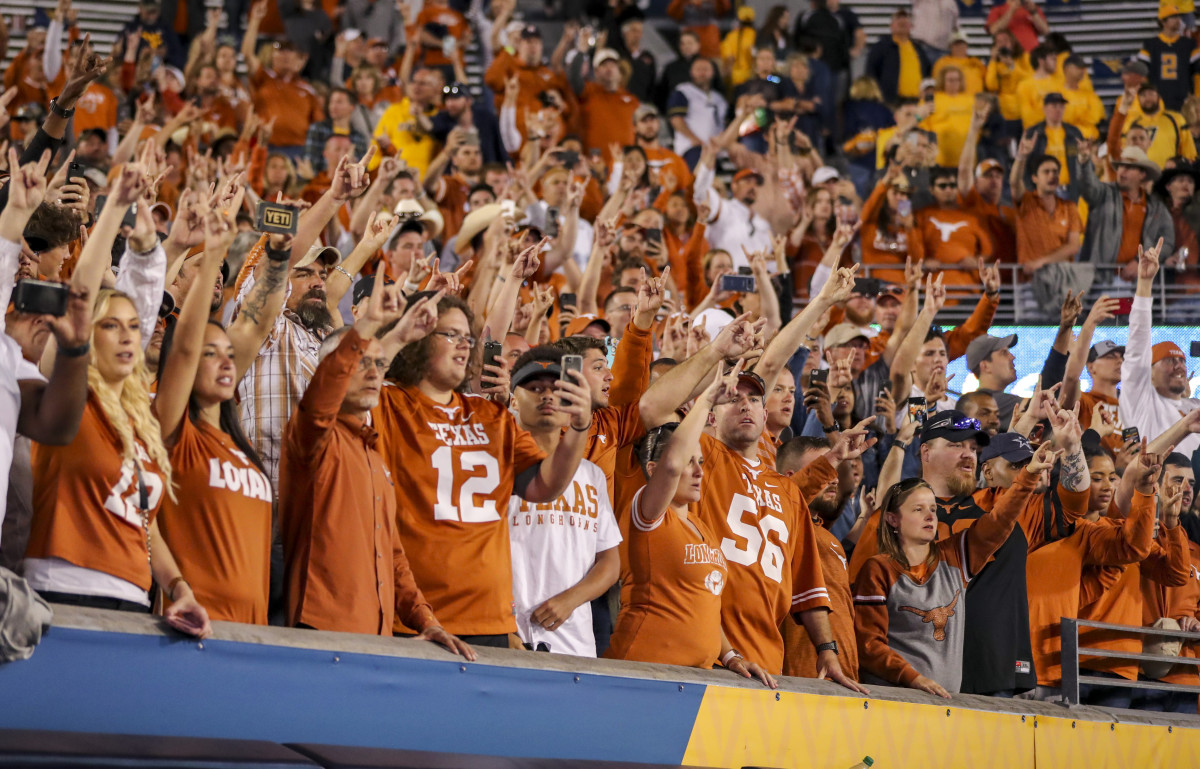
The NCAA says schools are not complying with the recently-enacted recruiting dead period regulations and the governing body is warning potential violators to cut it out.
“We have heard that recruiting is continuing,” Vice President of Enforcement Jon Duncan told SI. "We are mindful of the circumstances and challenges on campus. But at the same time, we’re obligated to keep the infractions process moving.”
The dead period means schools are not allowed to meet face to face with potential recruits but can maintain contact either via telephone or social media.
The dead period usually extends from Feb. 3-28 (or 29 this year) followed by a "quiet period" from March 1-April 15. Schools are normally allowed to engage in an "evaluation period" from April 15-May 31.
However, the NCAA issued a blanket dead period shortly after the cancellation of the NCAA Tournament in March amid concerns about the spread of the novel coronavirus.
This was not the only issue facing the committee right now though.
Duncan outlined the chief concerns for the NCAA Enforcement department at the time.
- “Protecting compliant schools during the dead period.” When informed of potential recruiting violations, Duncan has taken the complaints to the alleged offenders, contacting university leaders to let them know what’s being said about their employees. He said the schools have been generally receptive to the information and willing to take action.
- “Student-athlete academic well-being.” With in-person classes canceled and distance learning in place, the opportunities for academic fraud are plentiful. In a proactive move, the NCAA has sent a two-page reminder letter about academic bylaw parameters to member schools. “Enforcement would rather prevent a violation than process one,” Duncan said.
- Slowing, but not stopping, the processing of a “small number” of remaining major men’s basketball cases related to the federal probe of corruption within the sport. “We will keep the cases moving,” Duncan said, while remaining respectful of the pandemic-related hardships universities are facing.
Some schools already affected by the men's basketball probe include Big 12 members Oklahoma State and TCU.

